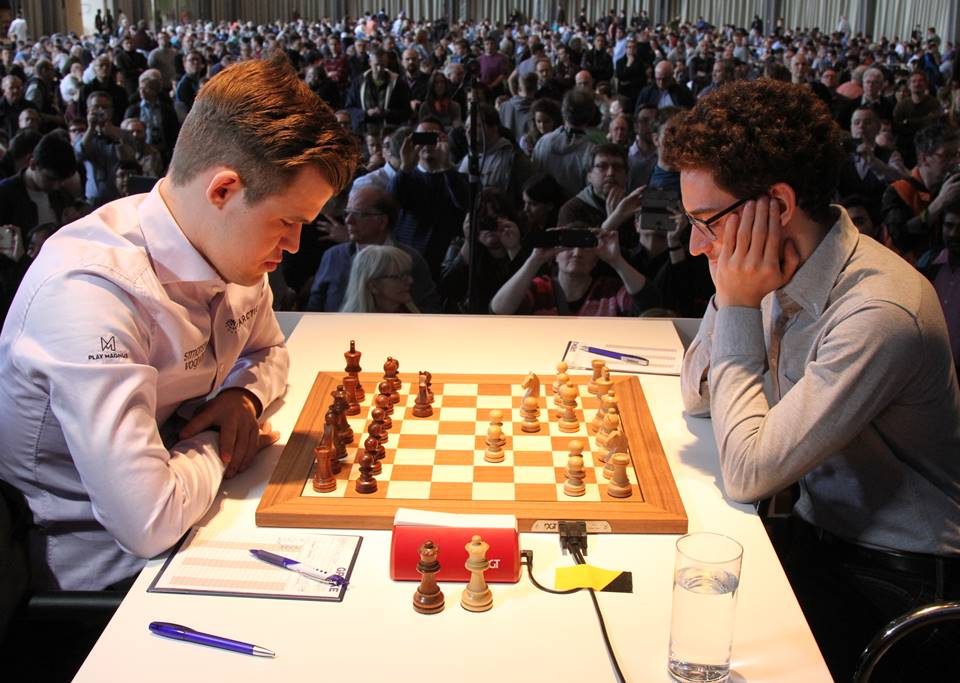
The “royal value” as a powerful metaphor and source of motivation
Just as in real life, there are many factors in chess which serve to assess a situation and which determine our actions and decisions. Obviously, the number and value of the pieces on the chessboard, i. e. the currently available material, are basically an equivalent to the financial situation in life. This is important in both worlds, but there are other, often far more important factors:
On the chess board, for example, these are time, space and the harmony of the pieces. Time stands for the speed with which pieces can be brought to the important focal points, the space for the encompassed and controlled area and the harmony for the interaction of one’s own forces. Here, too, the analogies with the economy are obvious.
But chess offers a far more powerful, absolutely central metaphor: It is possible to have a clear advantage in all areas mentioned, and still lose. Because another factor is much more important:
The fate of the king determines the outcome and so this is equal to our highest and all decisive value, our “King`s Value!” Of course, in real life these can also be several “King`s Values” that determine our planning and action and charge it with an overriding meaning. Dealing intensively with one’s own “King`s Values”and those of the company forms the basis for all important decisions.
It is of the utmost importance, particularly with regard to our objectives, to make clear to ourselves the values that have been achieved there: Even the best strategy is doomed to fail if the goal it aims for does not contain our supreme values!
At the same time, this is the secret of any real motivation, because only a goal that contains our most important values will mobilize our full strength, and this of course also applies to our employees and colleagues.
Within the Königsplan model, this so important topic is dealt with intensively on the fifth level.
Nietzsche gets to the point: “For him who has got a “why” there is no “how” too heavy”! (Friedrich Nietzsche)
Stefan Kindermann



